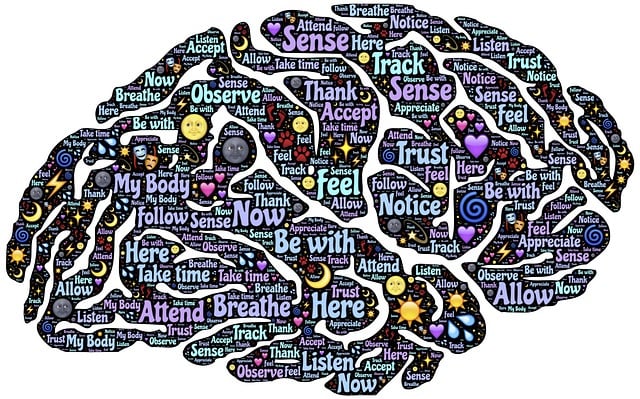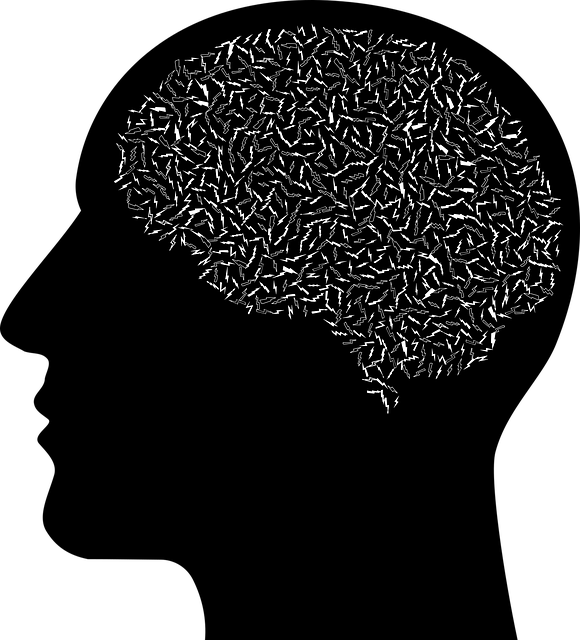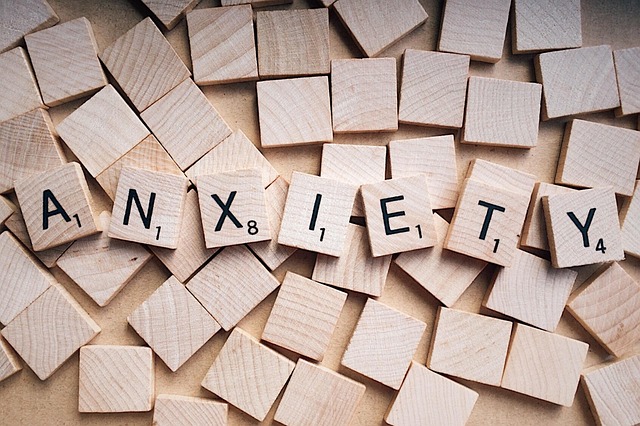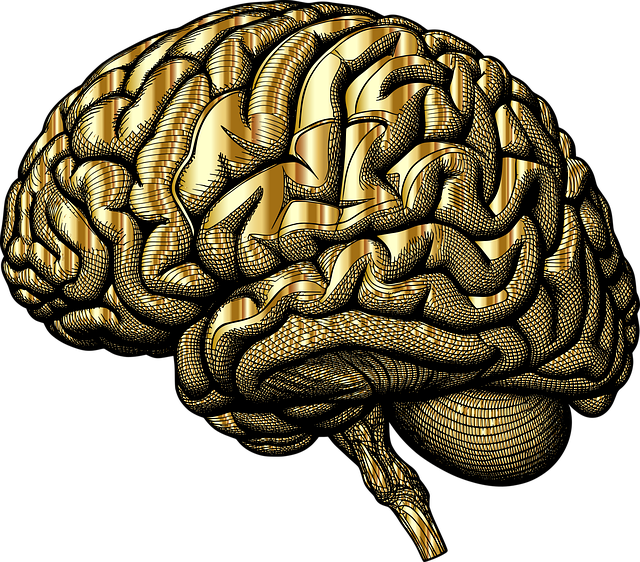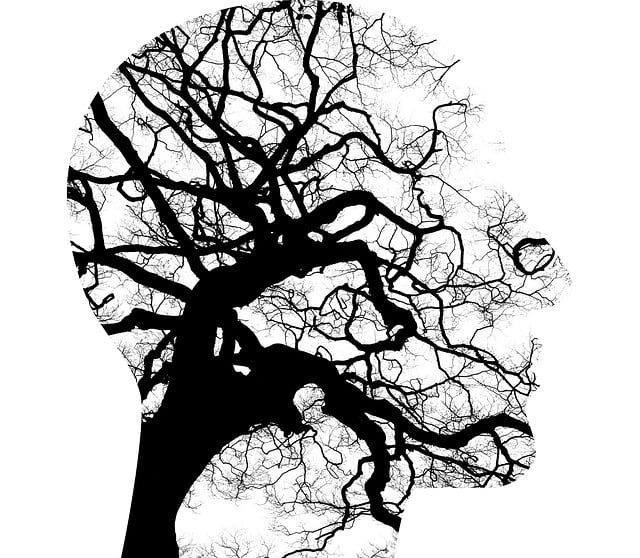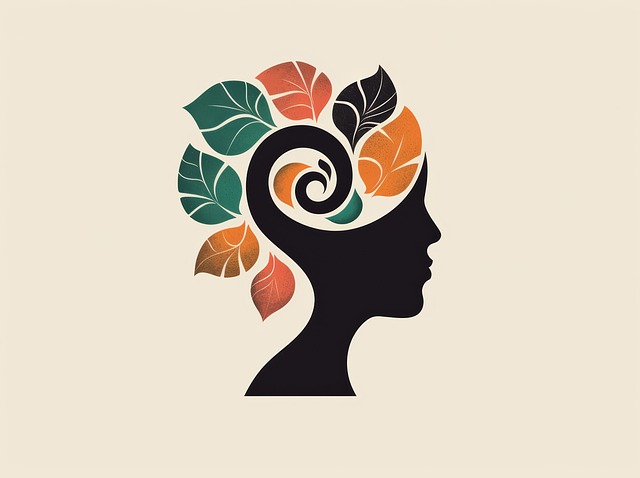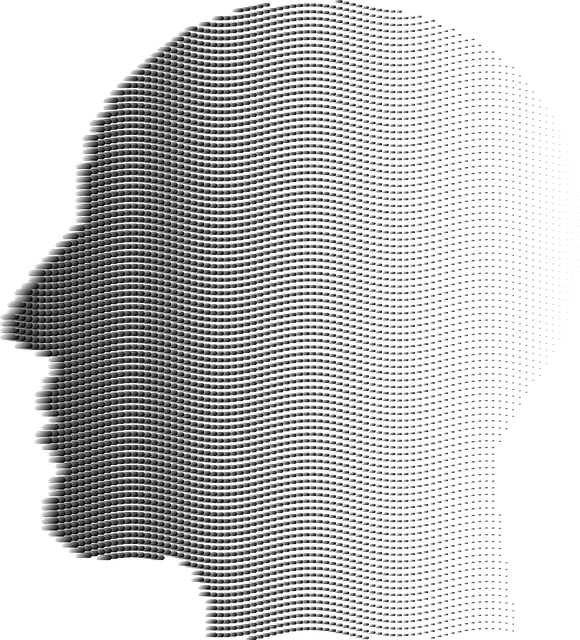Mental wellness self-assessment tools, particularly the Boulder Model, have evolved holistic mental health care by assessing coping skills, lifestyle, and environmental factors beyond symptoms. Integrating Boulder ADD-ADHD Evaluations into these tools, as seen in ADHD therapy Boulder centers, enhances effectiveness through personalized care plans. These evaluations identify attention challenges, provide cognitive strengths insights, and promote self-awareness for improved mental wellness. Incorporating them into Mental Health Education Programs enables targeted interventions. The result is a comprehensive approach to mental health support, guided by evidence-based methodologies and tailored to specific populations.
Mental wellness self-assessment tools play a crucial role in personal growth. This article explores the development of such tools, focusing on the Boulder Approach and its integration with ADD/ADHD evaluations. We delve into therapeutic applications, personalized treatment plans, and practical considerations for effective self-assessments. By understanding these aspects, individuals can navigate their mental health journeys with enhanced clarity and targeted support, including innovative Boulder ADD-ADHD Evaluations therapy techniques.
- Understanding Mental Wellness Self-Assessment: The Boulder Approach
- Integrating ADD/ADHD Evaluations into the Process
- Therapeutic Applications and Personalized Treatment Plans
- Developing Effective Self-Assessment Tools: Practical Considerations
Understanding Mental Wellness Self-Assessment: The Boulder Approach

Mental Wellness Self-Assessment tools have evolved to become powerful resources for individuals seeking to understand their mental health status. One notable approach is the Boulder Model, which emphasizes holistic assessment and personalized care. This method goes beyond traditional diagnostic labels by considering various factors such as coping skills development, lifestyle choices, and environmental influences on an individual’s well-being.
The Boulder ADD-ADHD Evaluations are a prime example of this innovative therapy, focusing not only on symptoms but also on the underlying causes and effects on daily functioning. By integrating these evaluations into mental health policy analysis and advocacy, professionals can better address issues like burnout prevention strategies for healthcare providers, ensuring more comprehensive support for patients across different sectors.
Integrating ADD/ADHD Evaluations into the Process

Integrating ADD/ADHD evaluations into mental wellness self-assessment tools is a strategic move that can significantly enhance their effectiveness, especially for individuals in Boulder seeking therapy for ADHD. These evaluations play a crucial role in identifying attention-related challenges and offer valuable insights into an individual’s unique cognitive strengths and weaknesses. By incorporating Boulder ADD-ADHD Evaluations into the self-assessment process, users gain a more comprehensive understanding of their mental wellness.
This approach aligns with the broader goal of Mental Wellness Podcast Series Production, where creating engaging content that resonates with listeners is key. Self-awareness exercises can be tailored to help individuals recognize patterns and triggers related to ADD/ADHD symptoms, fostering personal growth. Furthermore, designing Mental Health Education Programs around these evaluations enables professionals to offer targeted interventions and strategies, ensuring a more personalized journey towards improved mental wellness.
Therapeutic Applications and Personalized Treatment Plans

Therapeutic Applications and Personalized Treatment Plans play a pivotal role in mental wellness self-assessment tools development. By integrating Boulder ADD-ADHD Evaluations Therapy, these tools can offer targeted interventions for individuals struggling with attention-deficit/hyperactivity disorder (ADHD). Therapeutic applications are enhanced through personalized treatment plans that consider unique psychological profiles, ensuring that each user receives tailored support to address their specific challenges and goals.
This approach aligns with Mental Health Policy Analysis and Advocacy efforts, as it promotes evidence-based practices that can significantly improve outcomes for those dealing with ADHD. Mind Over Matter Principles guide these self-assessment tools in emphasizing the power of mental resilience and positive thinking, complementing traditional therapy methods. Moreover, Public Awareness Campaigns Development is facilitated through these tools, providing users with comprehensive resources and support networks to navigate their mental health journeys effectively.
Developing Effective Self-Assessment Tools: Practical Considerations

Developing effective self-assessment tools for mental wellness requires a thoughtful and practical approach. These tools play a pivotal role in helping individuals gain insights into their mental health, identify challenges, and take proactive steps toward improvement. When designing such assessments, it’s crucial to strike a balance between comprehensiveness and user-friendliness. Incorporating evidence-based methodologies ensures the validity and reliability of results, making them valuable resources for both personal growth and clinical settings like Boulder ADD-ADHD evaluations therapy centers.
Practical considerations include tailoring assessments to specific populations and their unique needs, such as integrating Mindfulness Meditation techniques or incorporating Mental Health Awareness content. Additionally, ensuring cultural sensitivity and accessibility in language and presentation is essential to make these tools inclusive. Furthermore, aligning self-assessment goals with the broader context of Mental Wellness Coaching Programs Development can provide individuals with actionable feedback and guidance for enhancing their overall well-being.
Mental wellness self-assessment tools, such as the Boulder Approach and effective evaluations for ADD/ADHD, play a pivotal role in personal growth and therapeutic interventions. By integrating these assessments into therapy plans, individuals can gain valuable insights into their mental health, leading to more personalized and successful treatment outcomes. This holistic approach, combining self-reflection with professional guidance, empowers folks to take charge of their well-being, ultimately fostering healthier minds and improved quality of life.
